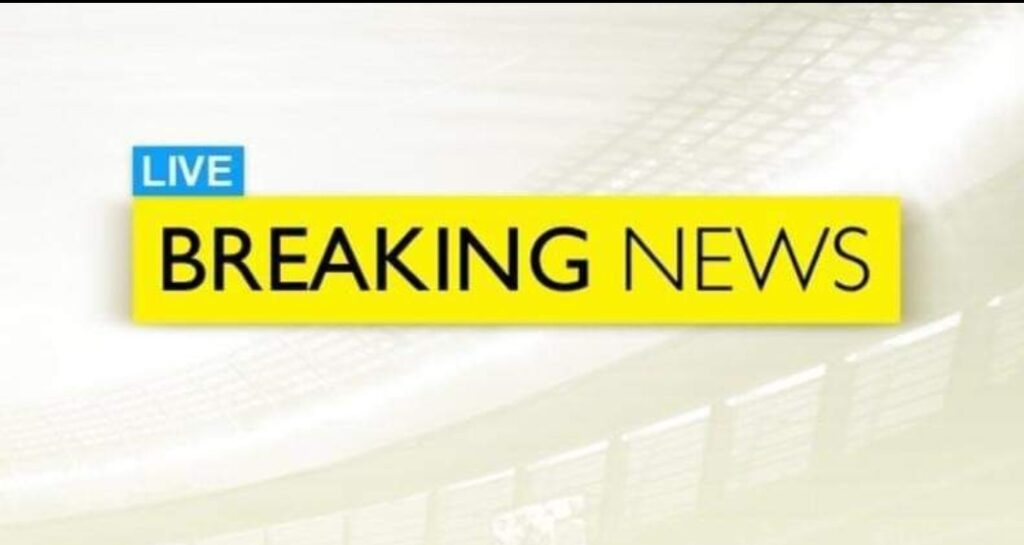Jurgen Klopp rejected a last-minute offer from FSG President Mike Gordon to extend his stay at Liverpool during a phone conversation. Despite Gordon’s efforts, Klopp, who joined Liverpool in 2015 and secured significant achievements, such as the club’s first Premier League title, remained resolute in his decision to depart.
In response to Klopp’s potential departure, Liverpool initiated a search for replacements, with Xabi Alonso from Bayer Leverkusen emerging as the leading candidate. Despite FSG considering financial incentives to convince Klopp to stay, the German manager stood firm in his commitment to leave.
The ramifications of Klopp’s departure extend beyond the managerial position, impacting key staff members. Assistant managers Pepijn Lijnders and Peter Krawietz, elite development coach Vitor Matos, and sporting director Jorg Schmadtke are set to exit after the January transfer window.
The situation marks a significant shift for Liverpool, as Klopp’s departure signals the end of an era characterized by unprecedented success. The club, having enjoyed triumphs under Klopp’s leadership, now faces the challenge of rebuilding under a new managerial regime.
While Xabi Alonso’s potential appointment raises intrigue, there is an air of uncertainty surrounding Liverpool’s future without Klopp at the helm. The departure of crucial backroom staff members further underscores the magnitude of this managerial change, as the club prepares for a period of transition and adaptation.
